Alan Turing's computer-generated music gets restored after 65 years
Decades later, you can now hear the true sound of Turing's computer
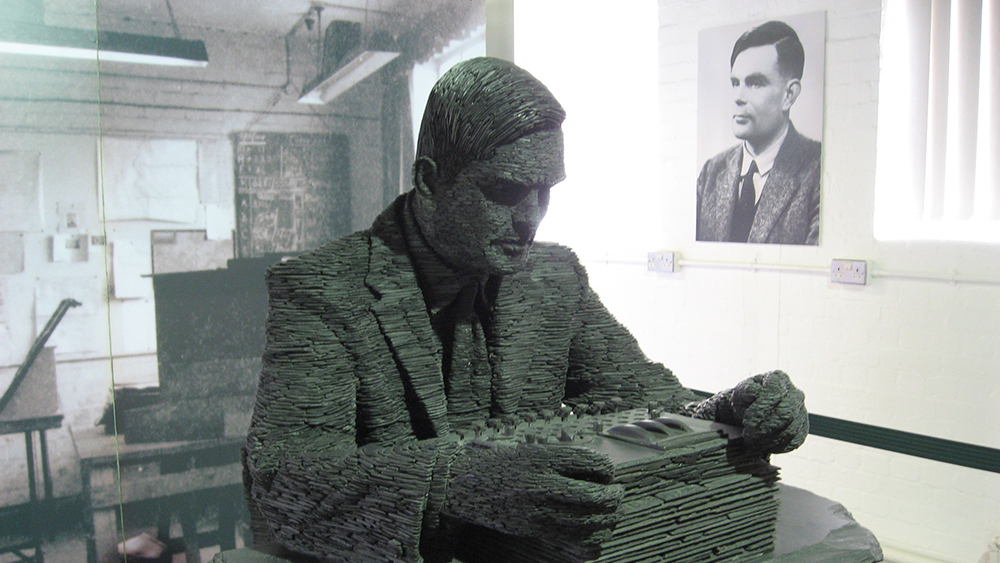
Alan Turing is considered to be one of the fathers of computer science. He played a crucial role in World War II counter intelligence and worked for the Government Code and Cypher School at Bletchley Park.
He was also responsible for breaking a large number of Nazi ciphers, including the German Enigma code. After the war, Turing continued his work as a pioneer computer engineer, and developed what's considered to be one of the first designs for a stored-program computer.
But it seems code breaking wasn't Turing's only talent.
Now the earliest known recording of computer-generated music, created more than 65 years ago, has been restored by the University of Canterbury. But the interesting thing is that it was created on computer programming techniques devised by Turing himself.
Here's the story. In 1951, a BBC outside-broadcast unit in Manchester used a portable acetate disc cutter to capture three melodies played by a primeval computer. This gigantic computer filled much of the ground floor of pioneering British computer scientist Alan Turing's Computing Machine Laboratory.
Now, decades later, director of the Turing Archive for the History of Computing, Professor Jack Copeland, and his fellow researcher UC alumni and composer Jason Long, have restored the music. However, it has not been so easy. The researchers had to do some electronic sleuthing to recreate the historic sound accurately.
"Today all that remains of the recording session is a 12-inch single-sided acetate disc, cut by the BBC's technician while the computer played. The computer itself was scrapped long ago, so the archived recording is our only window on that historic soundscape," said the researchers.
Get the ITPro daily newsletter
Sign up today and you will receive a free copy of our Future Focus 2025 report - the leading guidance on AI, cybersecurity and other IT challenges as per 700+ senior executives
"What a disappointment it was, therefore, to discover that the frequencies in the recording were not accurate: the recording gave at best only a rough impression of how the computer sounded."
They found that there was a deviation in the speed of the recording, probably as a result of the turntable in BBC's portable disc cutter rotating too fast. But, with some electronic detective work, it proved possible to restore the recording with the result that the true sound of this ancestral computer can be heard once again, for the first time in more than half a century.
The computer music researchers were then able to calculate exactly how much the recording had to be speeded up in order to reproduce the original sound of the computer.
"As well as increasing the speed and so altering the frequencies we also filtered out extraneous noise from the recording; and using pitch-correction software we removed the effects of a troublesome wobble in the speed of the recording," added the researchers.
"It was a beautiful moment when we first heard the true sound of Turing's computer."
The complete 1951 recording, including God Save the King, nursery rhyme Baa Baa Black Sheep and Glenn Miller hit In The Mood, can be heard here over at the university's website.
-
 Bigger salaries, more burnout: Is the CISO role in crisis?
Bigger salaries, more burnout: Is the CISO role in crisis?In-depth CISOs are more stressed than ever before – but why is this and what can be done?
By Kate O'Flaherty Published
-
 Cheap cyber crime kits can be bought on the dark web for less than $25
Cheap cyber crime kits can be bought on the dark web for less than $25News Research from NordVPN shows phishing kits are now widely available on the dark web and via messaging apps like Telegram, and are often selling for less than $25.
By Emma Woollacott Published
-
 ThreatLabz Report: The state of encrypted attacks
ThreatLabz Report: The state of encrypted attacksWhitepaper What's hiding in your web traffic?
By ITPro Published
-
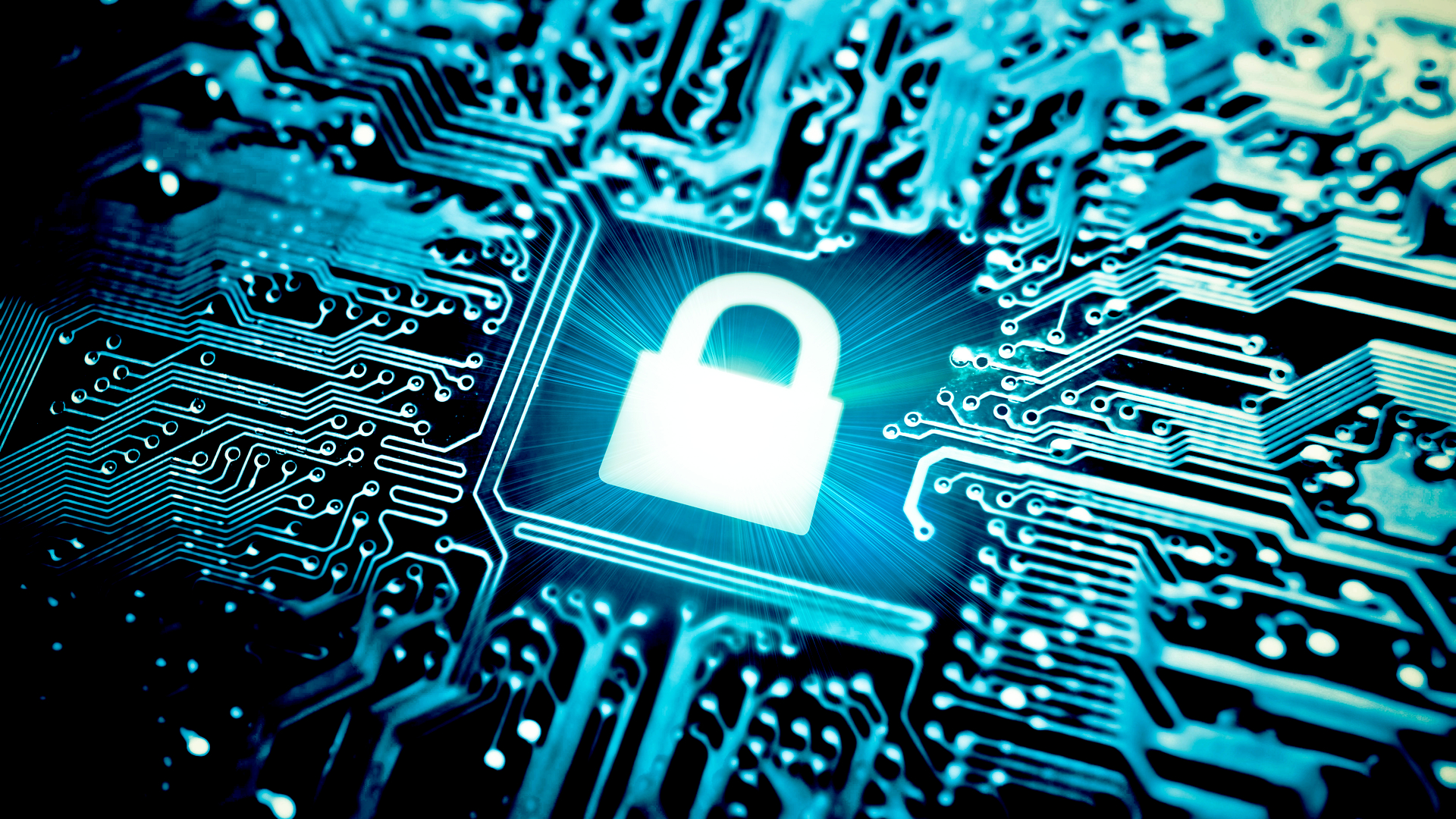 How to encrypt files and folders in Windows 10
How to encrypt files and folders in Windows 10Tutorials Here’s how to make your sensitive data unreadable to prying eyes
By Dale Walker Last updated
-
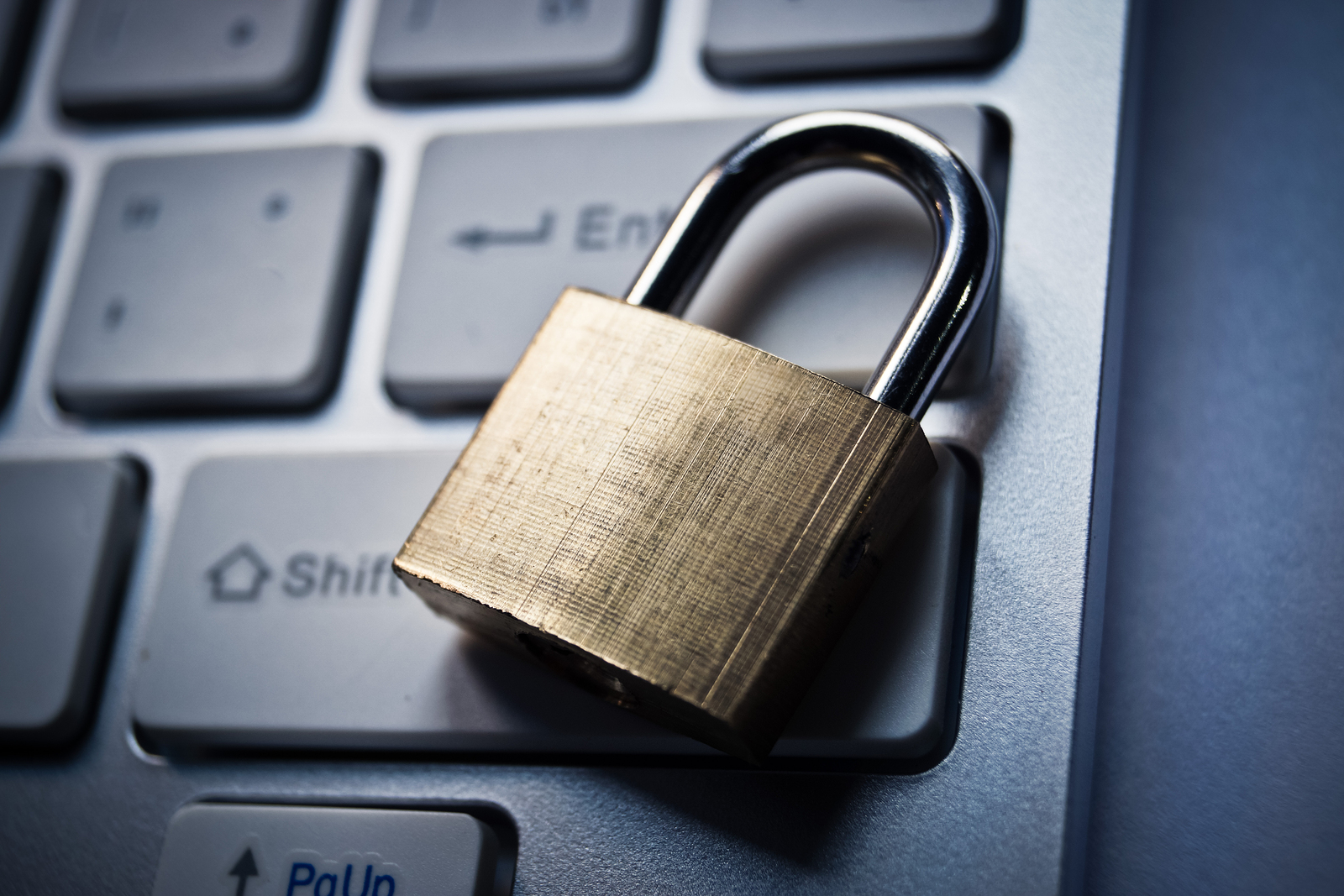 The government needs to abandon its war on WhatsApp
The government needs to abandon its war on WhatsAppOpinion Encryption might seem like an easy target, but mess with it at your peril
By Adam Shepherd Published
-
 Watch: Now this is how you securely erase data
Watch: Now this is how you securely erase dataIn-depth Delete your data properly - by smashing your laptop to pieces
By Adam Shepherd Published
-
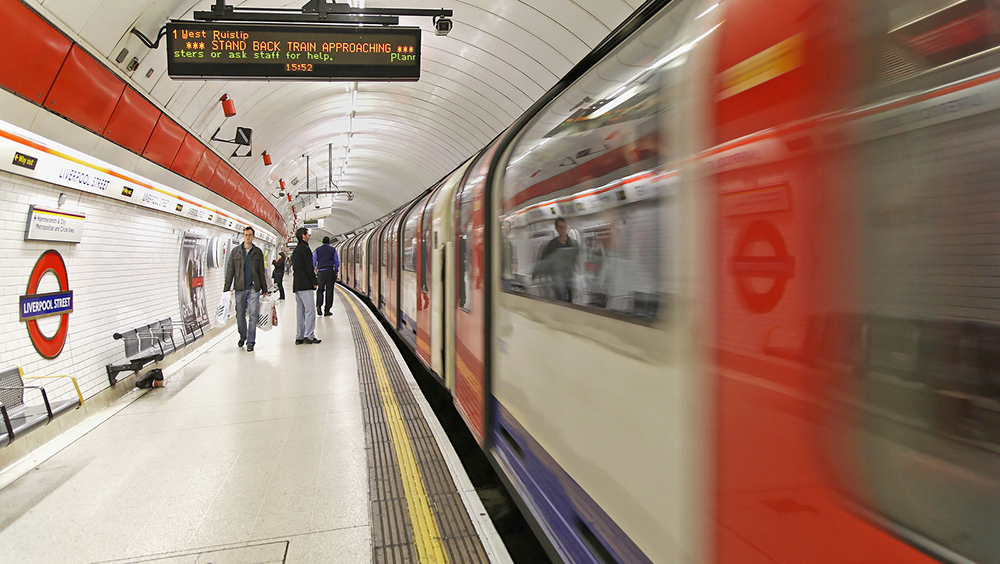 Two laptops are lost on the tube every day, says TfL
Two laptops are lost on the tube every day, says TfLNews Number of lost devices has shot up by almost 80 per cent since 2010
By Adam Shepherd Published
-
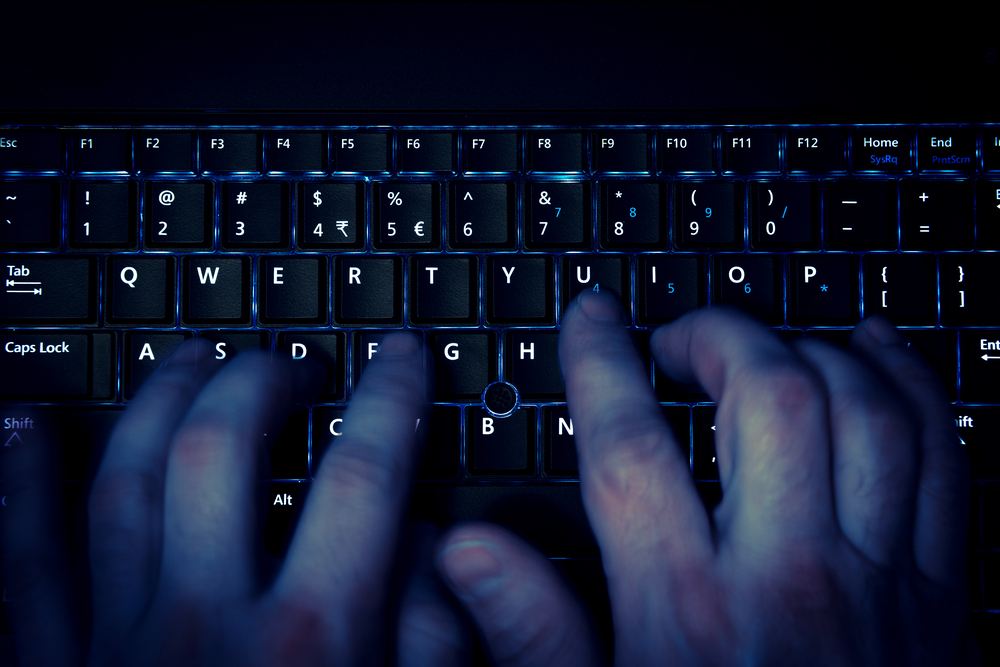 Social networks should report suspicious users, says spy boss
Social networks should report suspicious users, says spy bossNews MI5 director general calls for updated surveillance powers
By Rene Millman Published
-
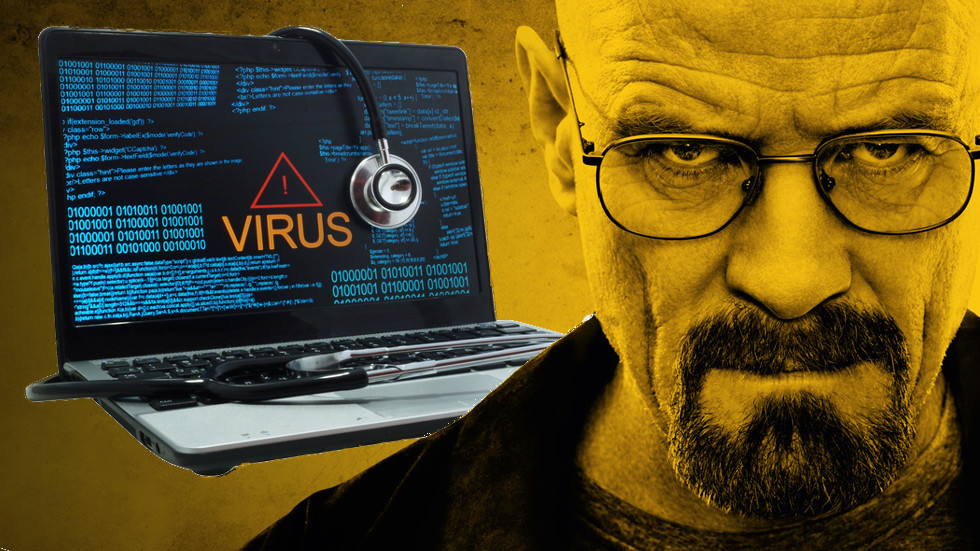 Symantec finds Breaking Bad-themed ransomware
Symantec finds Breaking Bad-themed ransomwareNews Better call Saul, because these hackers may have encrypted your data
By Adam Shepherd Published
-
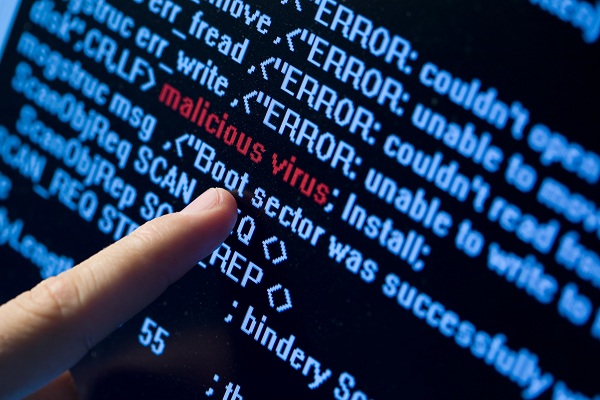 Apple swats 17 bugs on Safari
Apple swats 17 bugs on SafariNews Webkit flaws in OS X could lead to arbitrary code execution in browser
By Rene Millman Published